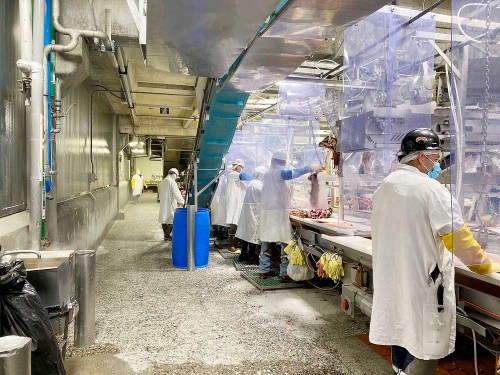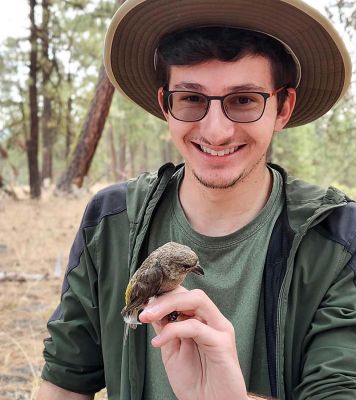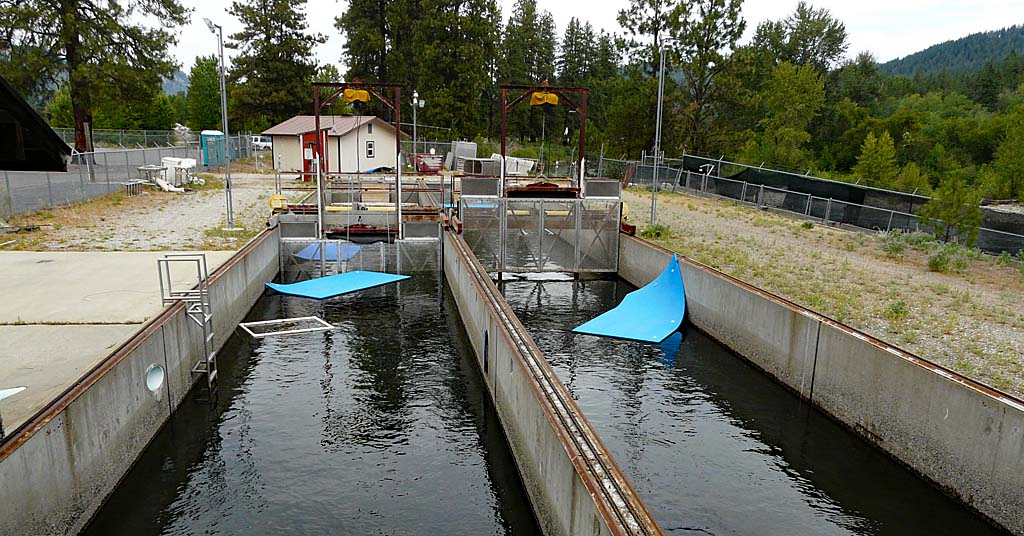Tyson: ‘Cody’s Beef’ provided cover for Easterday fraud
Published 9:15 am Wednesday, August 2, 2023

- Workers process beef at the Tyson Foods plant in Pasco, Washington, in this undated photo. Cody Easterday of Easterday Ranches, an Eastern Washington beef supplier, is serving an 11-year prison term for defrauding Tyson out of $233 million. Easterday in civil court alleges Tyson never paid for using his name and image to bolster Japanese confidence in U.S. beef.
RICHLAND, Wash. — Tyson Fresh Meats sharpened its attack on Cody Easterday, arguing in a court filing Monday, July, 31, that it was “ludicrous” for a “convicted fraudster” to accuse the company of reneging on a business deal.
The brief was the latest salvo between Tyson and Easterday over whether the meatpacker broke an oral contract to share profits from selling “Cody’s Beef” in Japan.
Trending
Tyson claims it made no such agreement with Easterday. It also argues that supplying “Cody’s Beef” gave Easterday cover for billing for nonexistent cattle he was purportedly raising for Tyson’s Pasco plant.
“Mr. Easterday’s fraud scheme could not have existed without a certain volume of legitimate business,” Tyson’s brief reads. “For a convicted fraudster to accuse Tyson of inequitable conduct under these circumstances is ludicrous.”
Easterday, 52, is serving an 11-year prison term for defrauding Tyson out of $233 million. Easterday, who pleaded guilty to wire fraud, liquidated his farming and ranching empire in Eastern Washington in bankruptcy court, but still owes Tyson $177.1 million in restitution.
Seeking to reduce his debt, Easterday alleges Tyson never paid for using his name and picture to bolster Japanese confidence in U.S. beef. Tyson sold boxes of “Cody’s Beef” to Japanese food company Nippon Ham.
Tyson has moved to dismiss the lawsuit, arguing it settled claims with Easterday Ranches in bankruptcy court. No date has been set for a hearing on the motion in U.S. District Court for Eastern Washington.
Cody Easterday claims the “Cody’s Beef” oral contract was separate from the written cattle-supply agreement between Easterday Ranches and Tyson.
Trending
The packaged beef pictured a smiling “Cody-san.” Tyson’s newest brief downplays the personal nature of the marketing campaign. Japanese executives toured Easterday’s feedlots in Washington to see beef, according to Tyson.
“Nippon Ham was interested in assessing the Ranches’ cattle, not Mr. Easterday’s face,” the brief reads.
Easterday claims that Tyson executives first promised to share profits in 2013. Tyson reaffirmed the understanding in an email exchange in 2020, according to the lawsuit.
Easterday sent an email saying he was fine with new advertising and asked about his “cut,” according to court records.
The response from Tyson didn’t provide a number, but ended with “heck yes,” which Easterday attorney’s argue reaffirmed the profit-sharing agreement.
Tyson lawyers argue that’s a tortured interpretation of a “clipped, casual email.”
The email reaffirmed Easterday didn’t mind his name and face being used and implied that if profits picked up the question of his cut could be revisited later, according to the brief.
“The email, at best, involves agreement that Cody’s photo is acceptable and nothing else,” the brief reads.
About seven months later, Easterday admitted his fraud scheme to Tyson. His lawsuit acknowledges that his “false invoicing” prevented him from earlier demanding a share of the profits from “Cody’s Beef.”
In a separate lawsuit, Easterday alleges Tyson exploited its position as a dominant beef buyer in the Northwest to hold down cattle prices. Tyson denies the allegation and has moved to dismiss the lawsuit.
Tyson Fresh Meats vs. Cody Easterday









